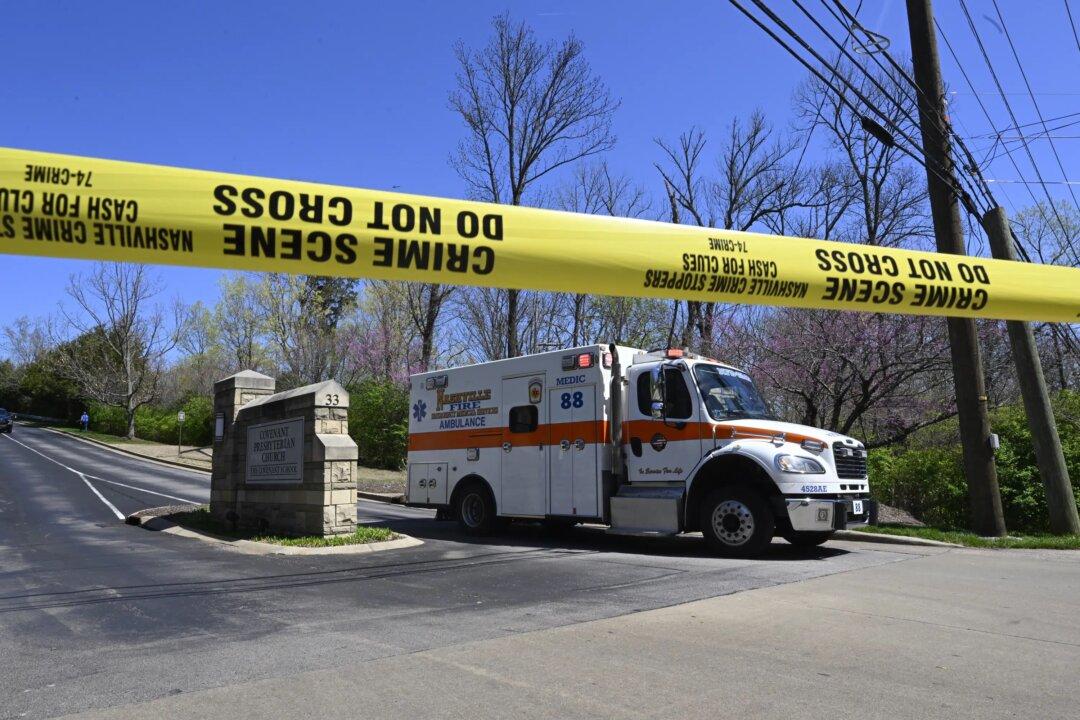In the first court ruling since the summer in the public records lawsuit seeking to force the Metropolitan Nashville Police Department (MNPD) to release the writings left behind by the March 27 Covenant School shooter, the Tennessee Court of Appeals bolstered the efforts of those seeking to keep the shooter’s writings confidential in a Thursday ruling.
The court upheld a lower court’s ruling that allowed various parties, including the families of victims, to intervene as third-party participants in the public records lawsuit filed by various individuals, media organizations, and other interested organizations.





